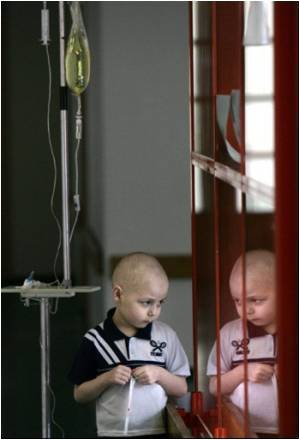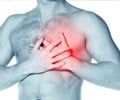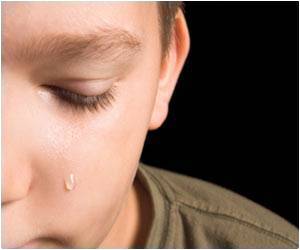
Helena J. van der Pal, M.D., from the Emma Children's Hospital/Academic Medical Center, Amsterdam, the Netherlands, and colleagues studied 601 childhood cancer survivors, surviving five years or more, focusing on previous diagnosis and treatment. The study was designed to "evaluate the prevalence and determinants of left ventricular dysfunction in a large cohort of long-term childhood cancer survivors treated with different potentially cardiotoxic therapies."
The authors found that abnormal cardiac function was observed during long-term follow-up (average duration of follow-up was 15.4 years) in 27 percent of childhood cancer survivors. It was most common in patients who received combined cancer treatments, but the authors found no evidence that sex, high-dose cyclophosphamide or ifosfamide (two cancer treatment drugs) were risk factors for cardiac dysfunction.
'The overall prevalence of 27 percent of childhood cancer survivors with cardiac dysfunction is alarmingly high in the young population," the authors note. "…These patients are expected to be at greater risk of developing clinical heart failure in the future."
"In conclusion, more than 25 percent of young adult childhood cancer survivors had subclinical [early stages, little to no symptoms] cardiac dysfunction at their first visit to the outpatient clinic for late effects of childhood cancer," the authors conclude. "Continued monitoring of all childhood cancer survivors treated with potentially cardiotoxic therapy with or without subclinical cardiac dysfunction is necessary to identify childhood cancer survivors who could possibly benefit from early treatment, which could avoid further deterioration of cardiac function."
Source-Eurekalert















